Stress Test of a Straining Superpower By Patrick J. Buchanan
How great a burden can even an unrivaled superpower carry before it buckles and breaks? We may be about to find out.

How great a burden can even an unrivaled superpower carry before it buckles and breaks? We may be about to find out.
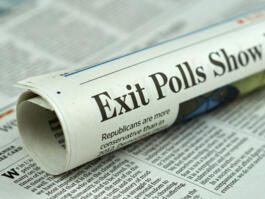
If you listen to the mainstream media, the election is over. Joe Biden has an insurmountable and growing double-digit lead over President Trump for an election that is still over three months away.

As the coronavirus lockdown loosens in many states, most parents of school-age children think schools should reopen this fall and say it will be bad for students if they do not.

Most voters approve of President Trump’s decision to use federal agents to fight the growing violent crime in some major cities. They also believe many of these cities bring the criminal problems onto themselves.

Eight shifts, almost all benefiting Democrats.
— Recently-released fundraising reports indicate a mismatch between the best-funded GOP candidates and the districts in which they are competing.
— At this point, Democrats are more likely to net House seats than Republicans, although we’re still not expecting much net change overall.
— There are eight rating changes this week: seven in favor of Democrats, one in favor of Republicans.
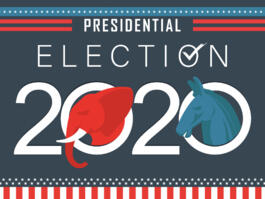
President Trump and likely Democratic nominee Joe Biden are now running neck-and-neck in Rasmussen Reports’ weekly White House Watch survey.

Voters in both major parties are getting more enthusiastic about a Trump-Biden presidential matchup in November.

The America you grew up in is not the America we live in now.

I laughed when I saw The Washington Post headline: "Minneapolis had progressive policies, but its economy still left black families behind."
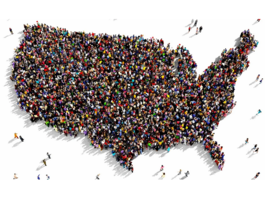
The Rasmussen Reports Immigration Index for the week of July 12-16, 2020 fell to 103.8, from 105.3 the week before. Voters seem to be comfortable with the immigration restrictions President Trump has put in place to counter the economic effects of the coronavirus.
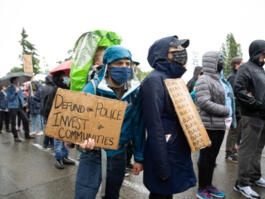
Opposition is growing to efforts by the political left to defund the police, with most Americans convinced that such a move will lead to more violent crime.

"Are you lonesome tonight? / Do you miss me tonight? / Are you sorry we drifted apart? / Does your memory stray to a brighter, sunny day?" -- Elvis Presley
Loneliness is such a sad affair, as the saying goes, and our politicians have succeeded in turning America into a lonely nation by decree. We are going on four months now of lock-ins, business shutdowns and few, if any, social gatherings. What this is doing to the nation's psyche has been devastating.

Is her racial diversity America's greatest strength?

Twenty-four percent (24%) of Likely U.S. Voters think the country is heading in the right direction, according to a new Rasmussen Reports national telephone and online survey for the week ending July 16, 2020.

Voters still think most news reporters are biased and will continue to help Joe Biden a lot more than President Trump in their coverage of the presidential campaign.

In surveys last week, this is what America told Rasmussen Reports...

What would President Joe Biden do? His supporters are making it hard to read the tealeaves.
They say he'd appoint a great Cabinet. But he won't tell us who would be in it.

Most Americans continue to see political correctness as a problem that is killing free speech in this country.
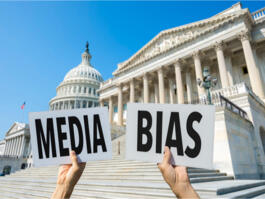
Following the high-profile resignation of a New York Times opinion page editor, most voters are eager to find fair and balanced media coverage but think the majority of news organizations these days are politically biased.

You could say it's all Donald Trump's fault. His bad qualities -- his carelessness about facts, his obstinance about admitting error, his contempt for others' views -- have turned out to be contagious, to the point that you could argue they're more damaging to his opponents than to him.